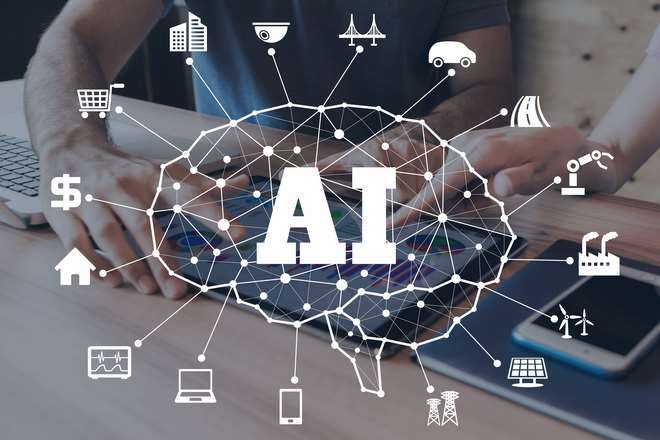
By Tom Shrive, CEO of askporter
Though Artificial Intelligence (AI) is a hot topic for businesses right now, it has so far failed to shake up the property industry in the same way it has transformed sectors such as banking and healthcare. In this article, Tom Shrive, the founder of askporter, Google-assistant’s only international investment, explains how the property management sector is ripe for AI disruption, and why this burgeoning tech will not jeopardise jobs.
AI is an inescapable buzzword at the moment and has become an essential part of the technology industry. However, the emergence of AI has not come without controversy, provoking polarised responses from the general public.
By definition, artificial intelligence is technology that can perform human-like tasks. AI mimics human behaviour and learns to adapt through machine learning and problem solving.
For many, there are fears that our increasing dependence on AI will generate widespread unemployment in jobs that could, in theory, be automated.
Yet AI has already made a huge impact within diverse sectors such as agriculture and manufacturing, without eliminating jobs. In reality, the introduction of AI to these industries has helped individuals carry out their jobs more efficiently, reducing the time spent on tedious and time-consuming tasks, which could be better handled automatically.
In light of this, the property industry seems comparatively stagnant due to its reliance on traditional methods, making it well positioned for disruption with the successful implementation of AI.
Why is property management ripe for AI disruption?
Having managed a small property portfolio, I discovered that there are numerous administrative tasks that could be better managed with the assistance of automated technology.
Though straightforward, tasks such as collecting rent, updating financial records and organising and logging household maintenance, are hugely time-consuming.
Traditional property management methods mean that it can take days or even weeks of toing and froing between tenant and contractor to organise a suitable time for a repair, waiting for parts, and handling invoices.
How can AI be better incorporated into the property ecosystem?
The efficacy of the property management industry could be vastly improved if irreplaceable human experts worked in tandem with sophisticated AI technology to simplify certain aspects of the job.
AI has the potential to make managing spaces simple and remove laborious legwork. With AI, a boiler repair, for example, could be organised automatically, so that property managers could focus on issues that cannot be resolved by automated solutions.
AI’s current opportunity and role
AI has already improved and simplified so many aspects of our everyday lives. Though we may not realise it, millions of us interact with AI in some way every day.
Our interaction with virtual assistants like Apple’s Siri, Amazon’s Alexa and Google Assistant reflects this. And this is only the beginning. New advances in AI, such as driverless cars, are well underway.
Just as Siri or a Google Assistant can help save time by ordering the weekly food shop or turning on the heating at home, AI could revolutionise the way household issues are resolved for tenants, streamlining the process for all parties.
What are the lines of demarcation between humans and AI?
For some, AI might conjure up frightening images of robots taking over our jobs and homes. But the increasing use of AI shouldn’t be a thing to fear, nor is it far away in the distant future.
One of the foremost concerns surrounding AI in the property industry is that machines will eventually develop to outperform humans, leading to unemployment. But this is not true because AI cannot replace humans to perform all tasks. AI has been specifically developed to simplify repetitive and time-consuming processes; freeing up time for property managers, letting agents and contractors to deal with more pressing problems.
There are a number of prop-tech start-ups beginning to disrupt and reform the industry, utilising advanced technology to improve property market infrastructure.
There are always risks associated with new technology, especially when it aims to disrupt current practices. But the successful implementation of AI in order to accelerate processes and improve efficiencies across the board makes it a risk worth taking.


